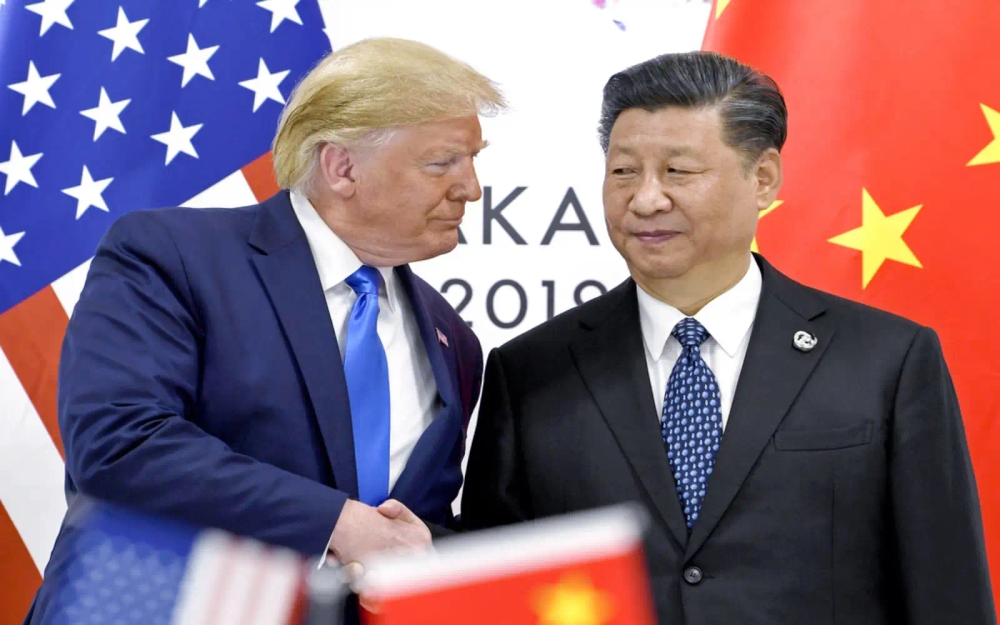Published
- 3 min read
Trump's Strategic Shift Towards China: A New Era in US-China Relations

A Strategic Pivot in US Foreign Policy
Under the leadership of President Donald Trump, the United States witnessed a significant alteration in its approach towards China. As a country frequently embroiled in trade wars and geopolitical tensions with China, Trump’s administration signaled a surprising shift by adopting more conciliatory gestures to foster better bilateral relations. This strategic pivot highlights Trump’s nuanced understanding of global diplomacy and the potential benefits of strengthening ties with Beijing.
Economic Cooperation: A Cornerstone of Trump’s China Policy
One of the primary premises of Trump’s pro-China moves lies in the potential for economic gains. By aiming to realign trade policies, Trump’s administration focused on opening direct lines to Beijing, fostering an environment conducive to mutual economic benefits. This stance is a marked departure from previous antagonistic policies that heavily relied on imposing tariffs and economic sanctions.
The rationale behind this change is rooted in the understanding that a cooperative relationship with China could yield significant dividends for the US economy. China’s massive consumer market presents American businesses with unparalleled opportunities for growth and expansion in various sectors, ranging from technology to agriculture. Through diplomatic engagement, Trump aimed to secure a foothold for American enterprises in China, promising economic prosperity at home.
Navigating Complex Geopolitical Terrain
Beyond economic considerations, Trump’s moves can be seen as a strategic maneuver to navigate the complex geopolitical terrain of the 21st century. Strengthening ties with China offers a counterbalance to other global challenges, such as the rising influence of Russia and the European Union’s evolving foreign policies. By establishing a rapport with Chinese leadership, Trump sought to create a multipolar world where US influence remains predominant yet flexible and adaptable.
Additionally, Trump’s pro-China orientation acknowledged the importance of China as a critical player on issues of global significance, including climate change, North Korean tensions, and international trade regulations. By engaging China in constructive dialogue, the administration sought to address some of the most pressing global challenges collaboratively.
Diplomacy in the Era of Soft Power
In the era where soft power plays a significant role in shaping international relations, Trump’s approach underscores the necessity of leveraging diplomatic channels to maximize US geopolitical leverage. The era of unilateral decisions gave way to nuanced negotiations, where both parties emerged with mutual advantages. By prioritizing diplomacy over confrontation, Trump’s administration aimed to create a stable environment that benefits not only the US and China but also the global community.
Conclusion: A New Chapter in US-China Relations
Trump’s pro-China moves mark a significant chapter in US-China relations, one that emphasizes reconciliation and strategic economic partnership over hostility. The effort to engage with China reflects a broader understanding of the interconnectedness of the modern world, where collaboration often supersedes conflict. As the impacts of these policies unfold, they hold the potential to reshape global diplomacy and set the stage for a future of sustained international cooperation.
In summary, Trump’s strategic shift towards China is an acknowledgment of the inevitable interdependencies of the contemporary international framework. By opting for engagement over confrontation, the former president has laid down a new pathway for bilateral relations, one marked by potential growth and shared prosperity.
